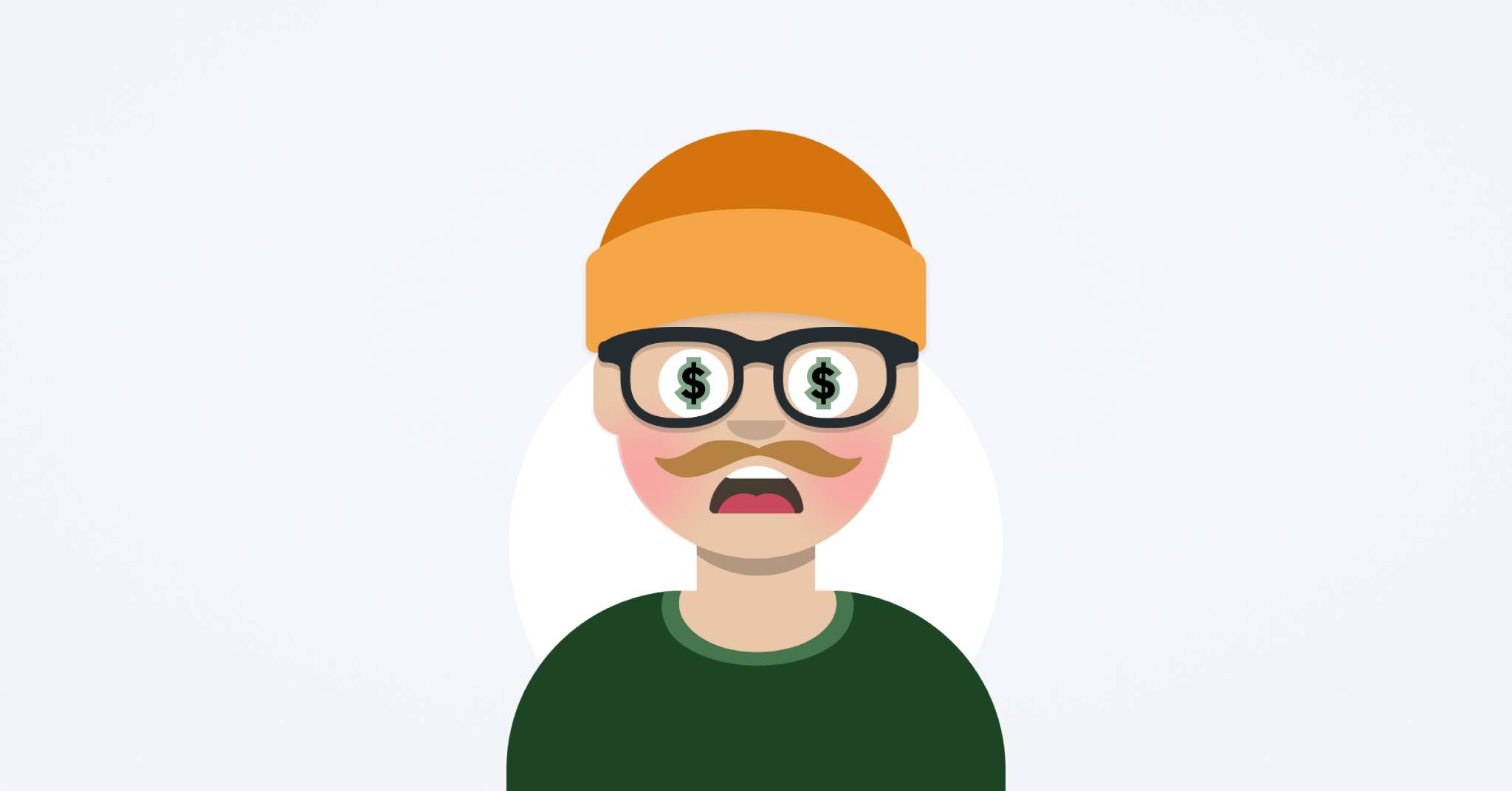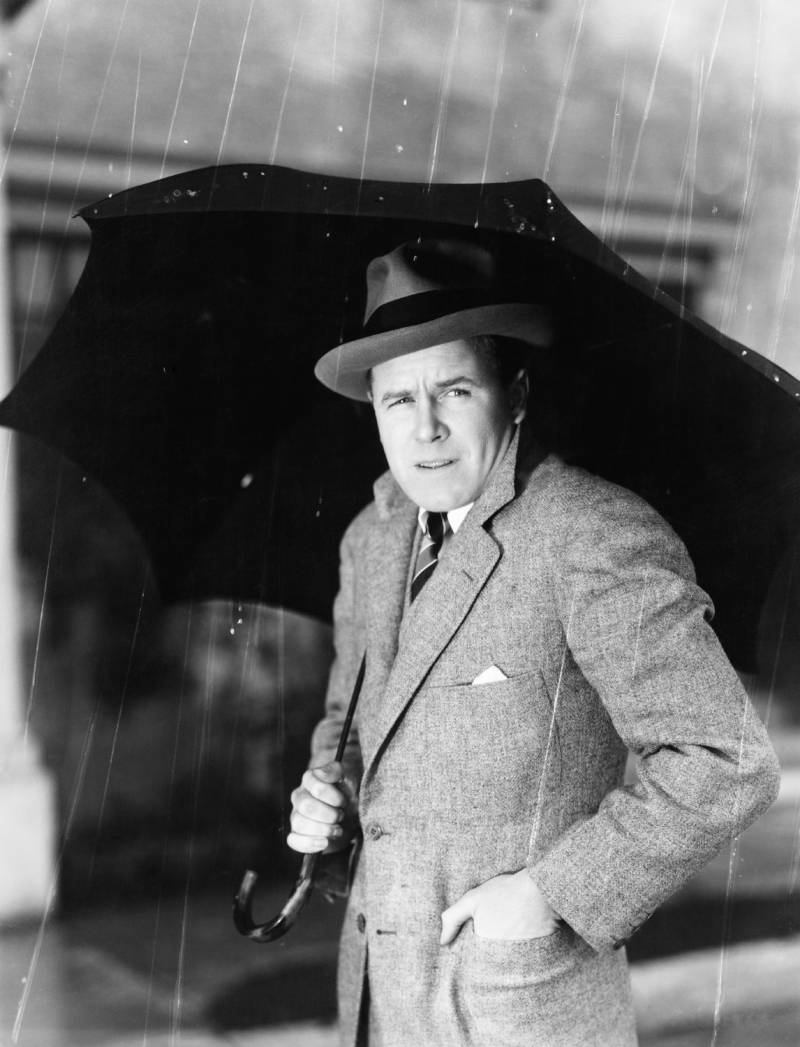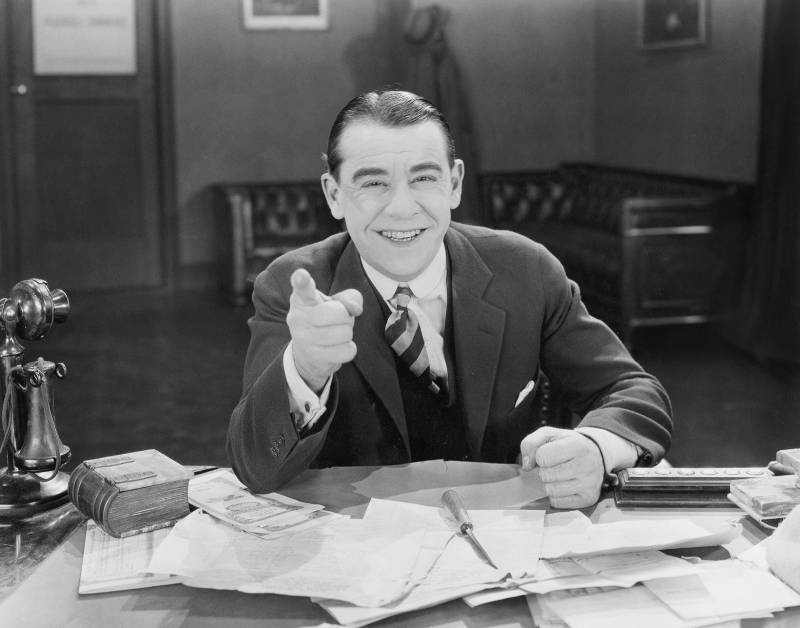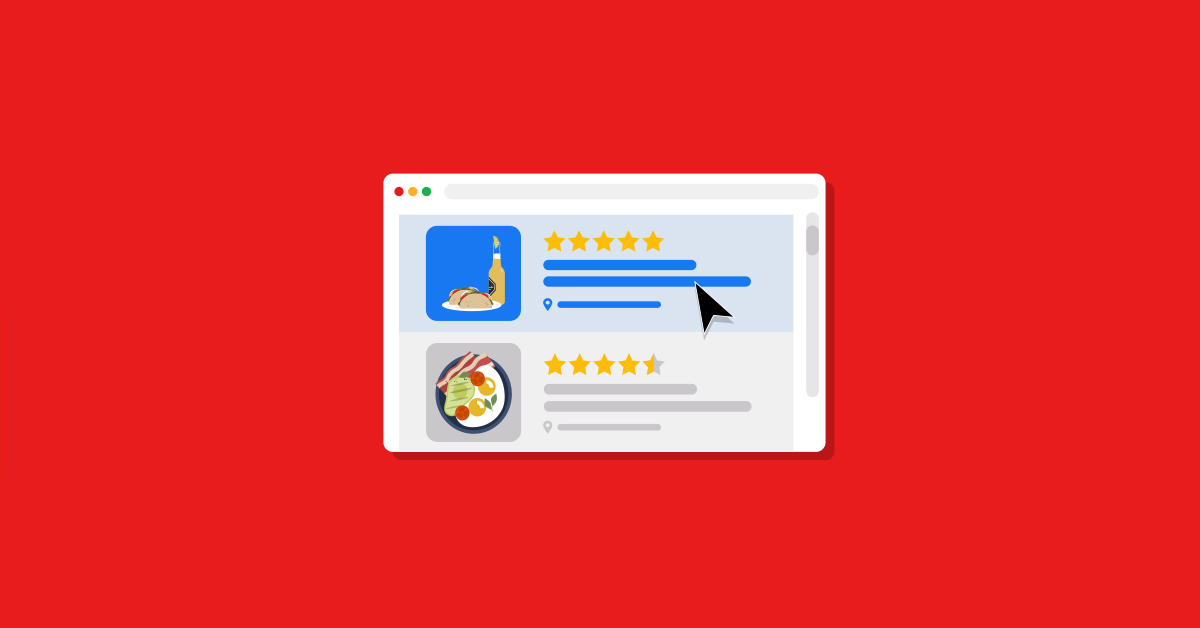
There’s a wonderful thing that happens when you open a business. A feeling of unbridled hope and immortality takes hold and you feel as though you’ve cracked some sort of code that was right in front of you this whole time.
After month upon month of spending every cent you had, suddenly, money starts coming in. There’s balance beginning to show and you feel as though you can finally start planning for the next steps—steps that involve a financially two-way street.
These days never last and as you’re going over the wreckage that is your balance sheet, you often look back to those early figures and wonder:
“Where did the money go?”
I know I’m not alone here. I mean, we’ve all been there, right?
The hedonistic honeymoon period where your venue’s name is on everybody’s lips and the relative windfall of cash feels like it couldn’t possibly come to an end?
I remember that period with equal parts fondness and regret.
I smile when I think about how people chose me—chose my place—for their breakfast, or brunch, or lunch, or even just a cup of coffee.
It makes me feel good to look back into my accounts and see just how much we were taking in. I remember buying a safe for my home and how it kept getting more and more full with cash.
I don’t know exactly when I turned into Scrooge McDuck, but I feel like we all do at some point in our lives, and I dived into that hypothetical pool of gold head first.
In this golden era of business ownership, I spent my money like a Kardashian. I bought mountains of clothes (vintage band t-shirts and venue merch, mostly). I bought a fancy car (moderately old yet massively impractical sports car that was one missed service away from death), and I travelled (to Northern England, the place of Kim, Kourtney & Khloé’s dreams). At the time, these seemed like sensible purchases.
At the time, these seemed like sensible purchases.
I wear clothes, every day sometimes, so buying a bunch of threadbare stuff from an over-priced vintage shop that would begin to disintegrate the moment it came into contact with washing powder was justified.
As a business owner, I had to drive to many places, sometimes out of the blue for supplies and other businessy (is that a word?) things. Buying a car with more horsepower than I had brain cells, no back seats and almost no storage to speak of fed into my early onset midlife crisis very nicely.
And I hadn’t been home in years, so buying return flights to the opposite side of the planet on a whim one night when I was drunk was a masterstroke (at the time of purchase). Who cares that I was to be out of action so soon after opening. It was still a few months away and I could only imagine all of the money I’d spent would be earned back by then, and then some!
But the early trade doesn’t last.
The novelty of a new cafe wears off for most and the customers quickly move on to the next new thing. The press stops too, and that familiar bump in trade that comes with a new write up leaves a similar sized ditch in your bottom line.
By the time I landed in England, I was back to living week to week.
I never truly recovered from my lavish spending and the safe was never quite so full.
The next big windfall of money I came into was when I sold up. This time, I told myself, things would be different. I’d be smarter about how I’d handle this money, my habits formed by years of buying only what was necessary. I lived poor and I could continue doing so, only this time with a quite comfortable safety net beneath me.
Only, I would have if it weren’t for some crucial debts yet to be paid.
Over the years, I’d stretched the goodwill of my suppliers to their limits. I hadn’t meant to, but when you’ve got the taxman breathing down your throat, delaying a payment or two to a friendly supplier seems like the path of least resistance.
Once the sale money hit my account, they were the first to be paid, with my tail between my legs and a lot of sincere apologies.
But the money that hit my account was much, much less than the sale amount. The biggest chunk went to the broker who was paid handsomely for, I assume, the longevity of the listing. A whopping 20% went to line his pockets, a clause I’d misinterpreted, or forgotten, or both because it took almost two years to sell.
Then there were the legal fees. These were relatively cheap but as we were trying to settle over Christmas and New Year’s, the snail’s pace of a lawyer was amplified and I was left wondering what exactly I was paying for because the contracts were all blatant templates and he kept asking for the same stuff, over and over again like his mouse was incapable of scrolling through the email history. And then there was tax.
And then there was tax.
I’ve talked a lot about my hatred for the taxman and how he talks a big game about helping small business, when in reality we were the people he was taking the biggest cut from.
On top of my tax debt that I was paying off, there was also tax to pay on the sale and then whatever tax was left over from the year’s trade to date. I still haven’t been able to pay this off and it’s been two and a half years.
So, there you have it. The key takeaways I would glean from my ramblings here would be:
- Save that initial windfall like it was an endangered species because there’s really no better time in business ownership
- Use your 1st BAS refund as your future BAS fund, divide it by 12 weeks and pay that amount into it each week, that way you’ll never build up a tax debt like I did
- Resist the urge to spend big (but if you must buy a car, buy one with a boot)
- Read the fine print. Every. Damn. Time.

News you care about. Tips you can use.
Everything your business needs to grow, delivered straight to your inbox.


